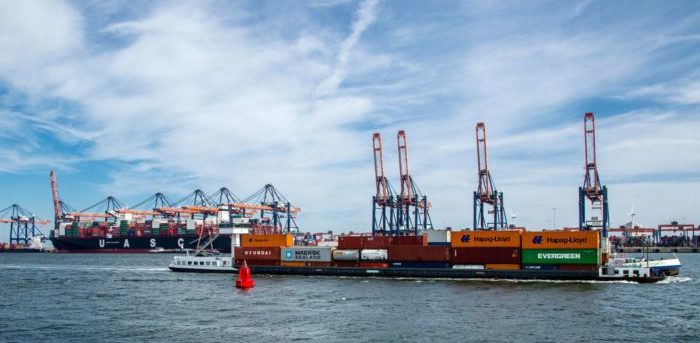The work group for the Rotterdam-Moerdijk Industrial Cluster has published a report with concrete proposals that will allow the regional sector to make a proportionate contribution to the achievement of the climate goals. One of the main strengths of the package of measures outlined is that, technically speaking, it could be implemented today, the Port said in a statement.
Over the past few months, this work group, which is made up of representatives from industry, science, civil society organisations and government, drew up a set of measures that can help reduce the cluster’s emissions.
The report offers an overview of proposals and concrete projects that together could yield a combined reduction of nearly 10 megatons of CO2 per year by 2030. In addition, the partners have charted a course for 2050, comprised of measures that can renew the local energy and raw materials system.
Still, a lot of preparations need to be made first, and various business cases are reliant on new financial mechanisms. In addition, parties will need to keep paying due attention to the cluster’s international competitive position as well as public acceptance of the projects.
The most important conclusions of this review were as follows:
- Companies and governments endorse the necessity of taking urgent action focused on optimising existing activity and implementing an innovation agenda.
- The recommendations contained in the Action Plan are primarily focused on the elaboration and concrete realisation of existing projects and initiatives. In the opinion of the Core Team, the successful realisation of these projects and initiatives will create the momentum needed to develop and implement a broader policy agenda focused on the future.
- An important role in implementing the Action Plan is set aside for the Cluster Commissioner. However, involved parties are aware that their own ongoing involvement and commitment is essential for reinforcing the Rotterdam/Moerdijk Industry Cluster.
The proposals of the work group, which is chaired by Port of Rotterdam Authority CEO Allard Castelein, serve as key input for the main outlines for a national Climate Agreement. The Dutch government will be presenting its proposals in this context in the autumn of 2018.






























































